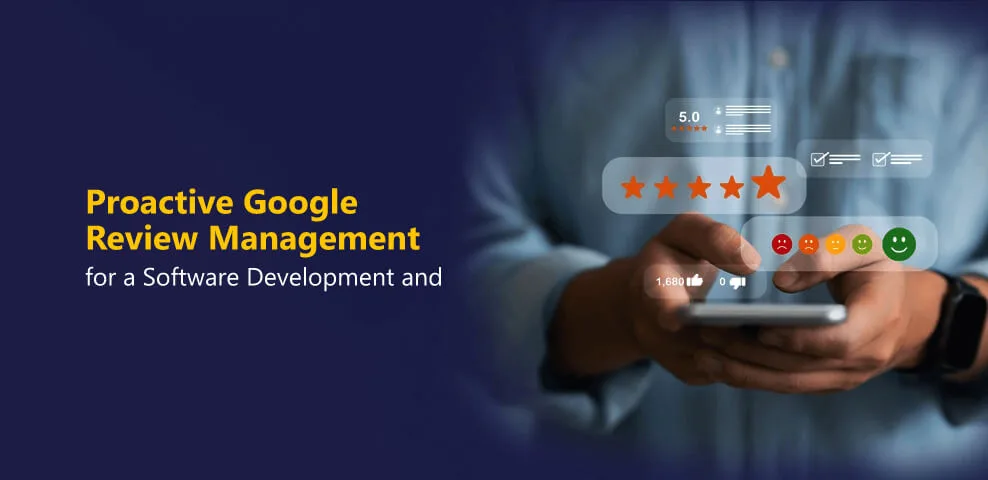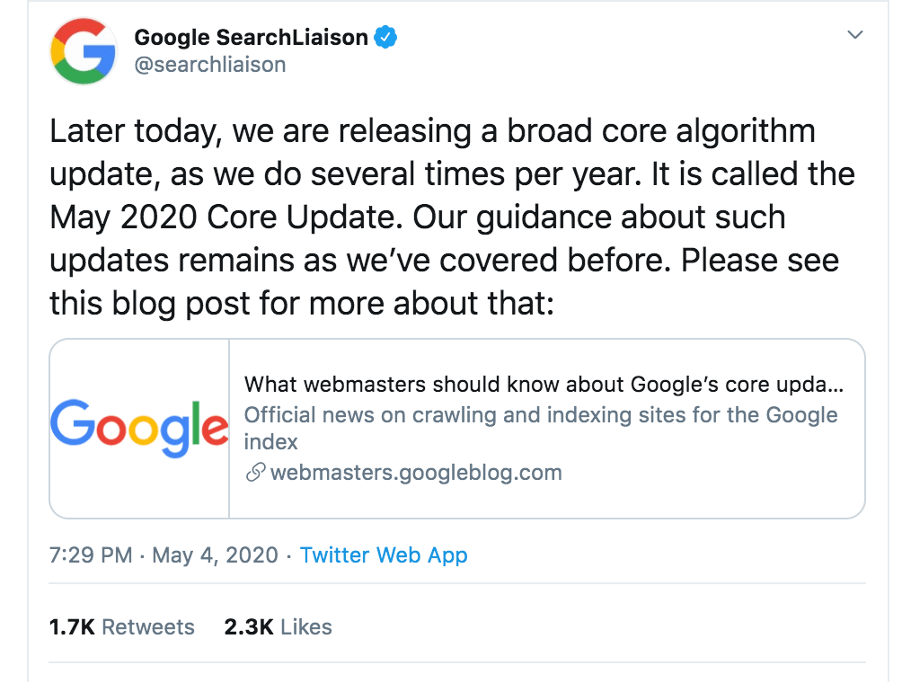Several case studies demonstrate the significant business impact of structured Google review management, showing improvements in online visibility, customer engagement, local SEO, and revenue growth.
Key examples include:
-
A small business using Reviewly.ai automated feedback requests achieved a 63% response rate and gained 18 new Google reviews in two weeks, boosting online visibility and credibility by integrating review requests into their CRM and optimizing messaging.
-
Ten Peaks Media’s client in San Antonio, TX, who had no Google reviews for nearly a year, implemented an automated SMS and email review request program and received eleven 5-star reviews in the first month. This led to a 392% increase in Google Maps user views and a 228% increase in Google Search views within that month, demonstrating how timely review responses enhance local search rankings and visibility.
-
GMB Briefcase users reported a 30% increase in Google Business Profile clicks and improved local SEO through AI-powered review management and automation, enabling faster responses and better multi-location profile management.
-
A dental practice in Sydney using a Google review widget saw a 700% increase in reviews (from 2 to 16) and a 14.08% increase in website conversion rate over one month, translating to an estimated $96,000 additional annual revenue.
-
Trustpilot’s use of Google Cloud to analyze millions of reviews in real-time helps businesses gain actionable insights, improve customer experience, and build stronger consumer trust, highlighting the value of structured review data beyond just collection.
These cases collectively show that structured Google review management—especially when automated, integrated with CRM systems, and combined with prompt responses—can significantly enhance local SEO, increase customer trust, boost online visibility, and drive measurable revenue growth.
Additional benefits noted include:
-
Improved local search rankings due to higher review volume and recency.
-
Enhanced reputation management by addressing negative reviews promptly and politely, which builds credibility.
-
Streamlined multi-location management and centralized tools reduce operational costs and improve efficiency.
-
Increased customer engagement and trust, which directly influence purchasing decisions.
Overall, these case studies confirm that a strategic, technology-enabled approach to Google review management delivers tangible business outcomes across industries and geographies.





